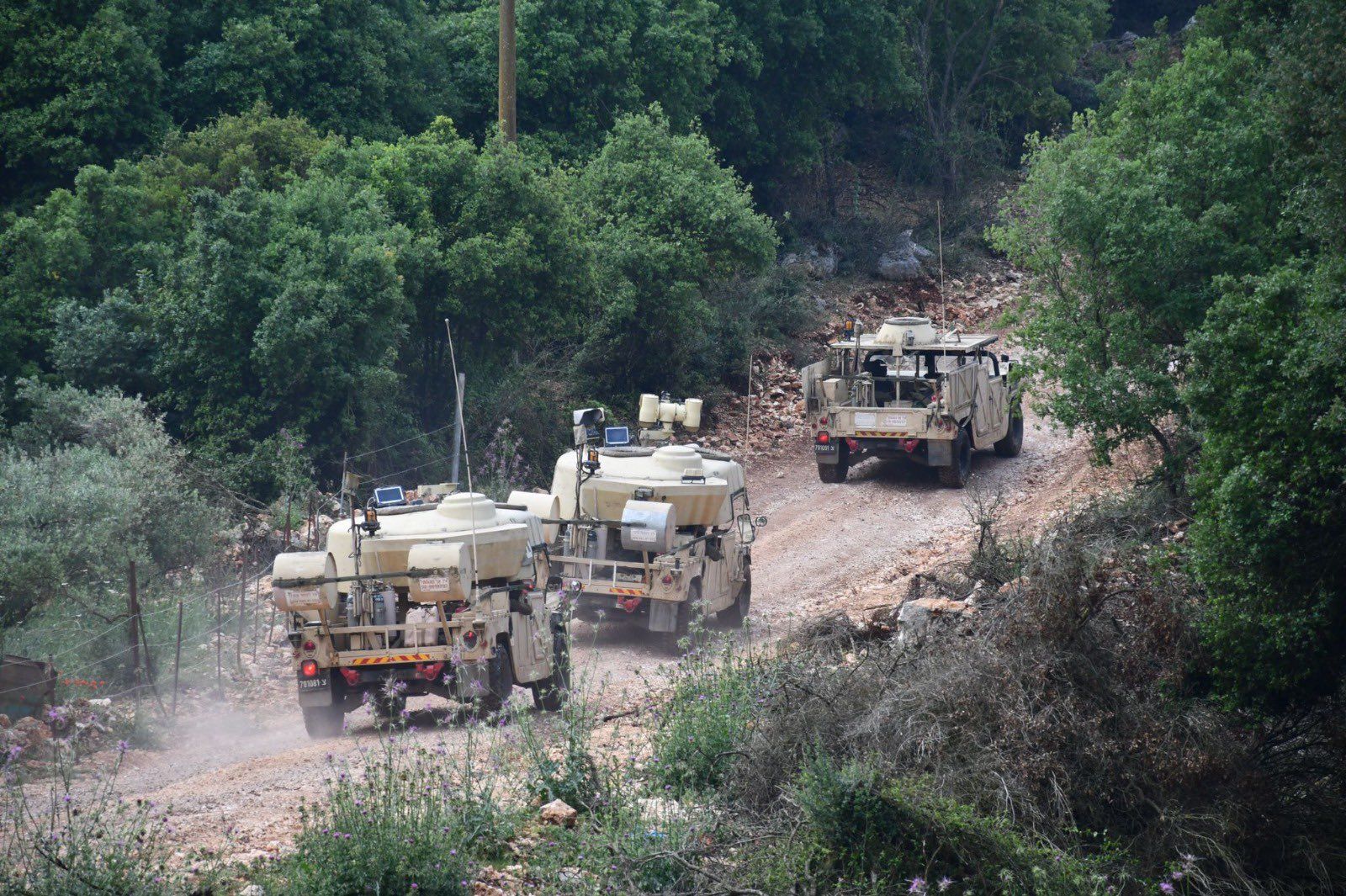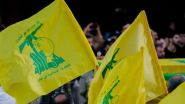
With less than two weeks to go before the end of the ceasefire introduced on November 27, Israeli forces are still present in the areas along Lebanon's southern border.
For the second consecutive day, the Israeli army continued its incursion into the villages of Mfaylha and Ras al-Dahr, west of Mays al-Jabal. Sweep operations are underway, accompanied by reports of gunfire, tank movements, and advancing military vehicles in the area.
On Tuesday morning, shelling hit the towns of Aita al-Shaab and Aitaroun, the latter also being subjected to shell and machine-gun fire as well as an Israeli incursion into the locality where roads were blocked with dirt mounds. The Israeli army also proceeded to throw a number of grenades and conducted a sweep with medium machine guns in a number of neighborhoods in the town.
For Israel, Hezbollah Remains a Serious Threat
Israel's ambassador to the United Nations, Danny Danon, said that “Hezbollah is trying to reconstitute and rearm itself with the help of Iran,” adding that “although its military capabilities were considerably reduced during the war, it remains a serious threat to Israel and regional stability.”
In a letter to the Security Council on Monday, he stressed the need for the Lebanese government and the international community to focus on “combating arms and munitions smuggling” and “preventing any financial support for Hezbollah, whether by land, via the Syrian-Lebanese border, or by air and sea.”
In this context, he denounced the “numerous attempts to transfer arms and money since the ceasefire agreement was signed.” He also pointed out that “Hezbollah's continued military build-up is sometimes taking place close to bases and patrols of the United Nations Interim Force in Lebanon (UNIFIL), which is present in the south of the country.” Pointing the finger at the Blue Helmets, he deplored “the indulgence shown by UNIFIL, which does not take all the necessary measures to prevent hostilities.”
On November 27, 2024, Israel and Hezbollah agreed to a 60-day ceasefire after more than a year of conflict.



Comments